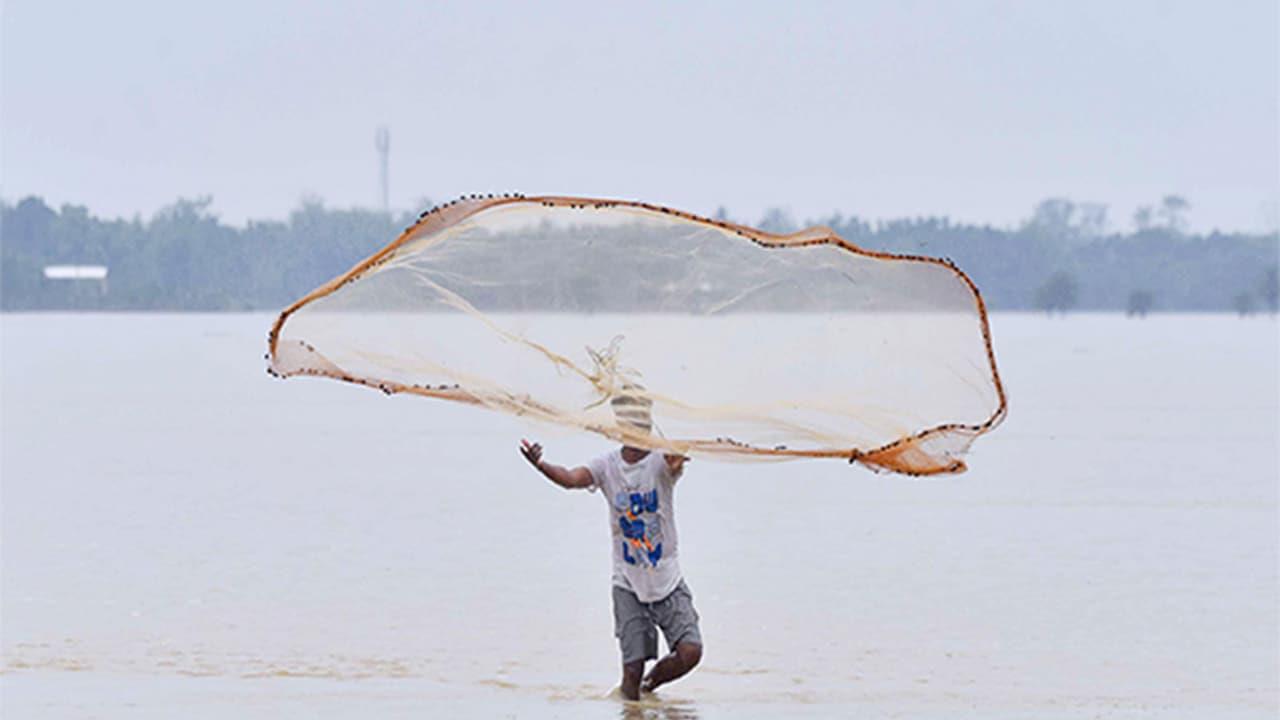
Govt's New EEZ Rules To Boost Blue Economy, Empower Cooperatives
In a major step toward realising the vision of a prosperous and inclusive Blue Economy, the Government of India has notified the Rules for Sustainable Harnessing of Fisheries in the Exclusive Economic Zone (EEZ). The initiative, announced in the Union Budget 2025-26, aims to create an enabling framework for sustainable fisheries from India's EEZ and high seas, with a special focus on the Andaman & Nicobar and Lakshadweep Islands.
The Ministry of Fisheries, Animal Husbandry & Dairying in a release stated that the new EEZ Rules prioritise Fishermen Cooperative Societies and Fish Farmer Producer Organisations (FFPOs) for deep-sea fishing operations and management of technologically advanced vessels. The initiative seeks to enhance seafood exports by promoting value addition, traceability, and certification, while ensuring sustainability, the release added.
Boosting Exports with Innovative Vessel Concepts
A key feature is the introduction of the mother-and-child vessel concept, which will allow mid-sea transshipment under strict monitoring in line with Reserve Bank of India regulations. The system is expected to boost exports of high-quality fish, particularly from island territories that account for nearly half of India's EEZ area.
Empowering Fishermen Through Support and Credit Access
To support fishermen and their cooperatives, the government will extend assistance through training, international exposure visits, and capacity-building initiatives across the value chain -- including processing, branding, and marketing. Credit access will be facilitated through flagship schemes such as the Pradhan Mantri Matsya Sampada Yojana (PMMSY) and the Fisheries and Aquaculture Infrastructure Development Fund (FIDF).
Protecting Marine Ecosystems
The rules strictly prohibit harmful fishing practices such as LED light fishing, pair trawling, and bull trawling to protect marine ecosystems. Minimum legal fish sizes and Fisheries Management Plans will be introduced to restore declining fish stocks. Mariculture activities like sea-cage farming and seaweed cultivation will be promoted as alternate livelihoods to reduce pressure on nearshore fishing.
Digitalisation for Transparency and Traceability
A fully digital Access Pass system has been introduced through the ReALCRaft portal for mechanised vessels, ensuring transparency and ease of operation. Integration with MPEDA and EIC will facilitate traceability and eco-labelling for global seafood exports.
Regulatory Reforms and Enhanced Security
Additionally, the rules introduce regulatory reforms to classify fish caught in the Indian EEZ as of Indian origin and mandate transponders and QR-coded ID cards to enhance sea safety and coastal security, supporting enforcement agencies like the Indian Navy and Coast Guard in safeguarding national waters. (ANI)
(Except for the headline, this story has not been edited by Asianet Newsable English staff and is published from a syndicated feed.) Legal Disclaimer:
MENAFN provides the
information “as is” without warranty of any kind. We do not accept
any responsibility or liability for the accuracy, content, images,
videos, licenses, completeness, legality, or reliability of the information
contained in this article. If you have any complaints or copyright
issues related to this article, kindly contact the provider above.
















Comments
No comment